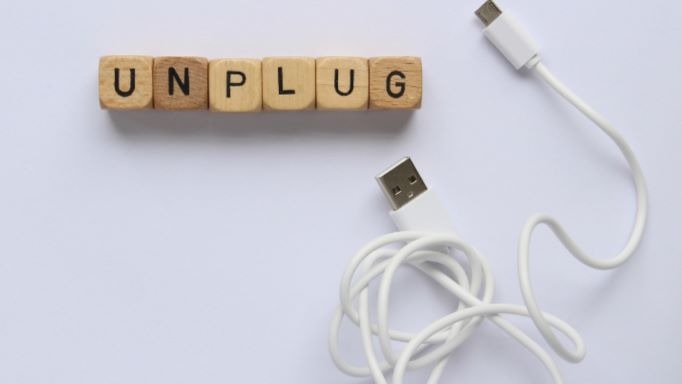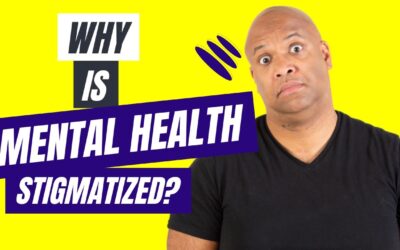
The pings from our devices seem to be the soundtrack of our daily lives as we stay connected to family and respond to work-related texts, emails, social media, and various notifications throughout the day.
Staring at a screen all day can lead to fatigue and mental exhaustion, but daily, the majority of the world’s population uses technology daily.
More than 4.95 billion people used the internet daily in 2022 and 5.19 billion people, 67% of the world population owned at least one mobile phone.
While useful, the overuse and constant demand for technology can lead to higher stress levels.
In the American Psychological Association’s annual Stress in America survey, a fifth of U.S. adults cited technology use as a significant source of stress.
Most contribute their technology stress to the demanding nature of constant digital connection through emails, texts, and social media.
Signs it’s time to detox
People aren’t in denial about relying heavily on their devices and depending on them to get through the day or the psychological and physical effects that happen from technology addiction.
Intense technology stress or addiction can lead to:
- Reduction of self-care
- Weight gain due to decreased movement
- Carpal Tunnel Syndrome
- Dry eyes
- Back and lower back pain
- Impaired sleeping patterns
- Academic decline or productivity work issues
- Personal, family, and school problems
- Time management issues
- Sleep disorders
- Eating disorders
- Isolation
If you feel yourself becoming increasingly stressed from using technology, I encourage you to UNPLUG and do a digital detox.
If you need to analyze if it’s time for a digital detox ask this question: Is technology interfering with my work, relationships, mental and physical health, or finances?
If you answer yes to all, some, or a few then it’s time to start unplugging and do a digital detox.
How to Do a Digital Detox
A digital detox is a temporary period of time where a person reduces or takes a break from the amount of time they spend using technology, connected to the Internet, social media sites, or apps. It usually involves turning off devices.
With daily dependence on technology, a digital detox may sound easier said than done. That’s why starting small and setting reasonable goals for yourself is important.
Here are a few ideas to set yourself up to set boundaries and daily have a digital break.
- Don’t wake up and immediately grab your phone: Don’t touch your phone for the first 15 minutes after you wake up. You may want to use an alarm clock and put your phone on your nightstand overnight. Create a routine that incorporates exactly when you will pick up your phone. Shower, dress, meditate, and grab your cup of coffee before jumping into the daily hustle. Increase how long you go without your phone in the morning each week.
- Create tech-free zones: Set boundaries in your space and enforce them with family, friends, and guests. Ideas such as having a tech-free dinner table are a great way to start. You may have a tech-free game night or some other event where you request phones to not be on tables. There may be some pushback at first, but the quality of time spent together will quickly erase it.
- Make an appointment with your doctor about your stress levels. They may prescribe you a low dose of something to help take the edge off, and they’ll be able to give you some tips on reducing your stress away from digital media. You should also take the time to read websites like psychedelics.com to find other ways to relieve stress.
- Make a Mini-Detox Schedule: On certain days, when you know your schedule isn’t hectic, schedule time to step away and take a walk or do some other activity without your devices. If you are using a device for music, put it on Do Not Disturb.
- Reward yourself with tech-free hours. Each day, schedule some of your time whether it’s taking a bath, reading a new book, or doing something creative or crafty, put your phone out of your reach and enjoy some mindless relaxation.
- Put a curfew on tech use: Set a device cutoff time so you’re not mindlessly scrolling before trying to sleep.
Doing a digital detox may not be easy at first, but you will find you have more time for what’s important and your mind will have time to process and enjoy a quality life with less stress and technology in its proper place.


